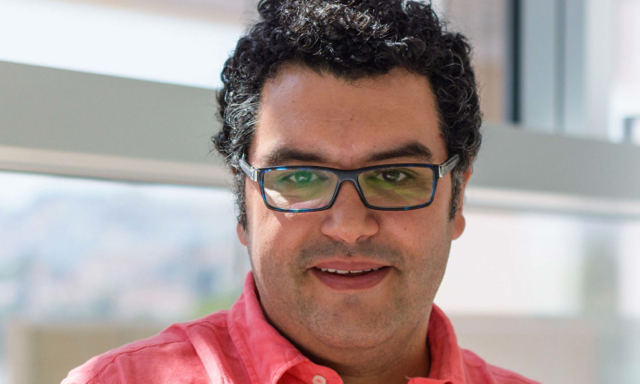August 30, 2017
Hidden Deep in the Brain, a Map That Guides Animals’ Movements
Scientists can now look deep into the brain of mice and watch the activity of hundreds of neurons in a moving animal, uncovering a map that is used by the brain to guide our movements.
August 29, 2017
Bone-Derived Hormone Reverses Age-Related Memory Loss
Age-related memory loss may be reversed by boosting blood levels of osteocalcin, a hormone produced by bone cells, according to mouse studies led by Columbia University Medical Center researchers.
August 21, 2017
Memories “Lost” to Alzheimer’s May Be Retrievable
Columbia University Medical Center researchers have found that it may be possible to access memories “lost” to Alzheimer’s disease. The finding could shift the view of Alzheimer’s as a disease that destroys memories to a disease that disrupts the brain’s ability to recall memories.
August 9, 2017
How the Tongue Keeps Its Tastes Straight
New research at Columbia University Medical Center reveals that signals sent by tongue’s taste cells prevent the brain from confusing bitter and sweet. The discovery provides new insights into how the tongue keeps its sense of taste organized despite the rapid turnover of the cells in its taste buds.
August 4, 2017
Cognitive Hearing Aid Filters Out the Noise
Using deep neural network models, researchers at Columbia University have made a breakthrough in auditory attention decoding methods and are coming closer to making cognitively controlled hearing aids a reality.





